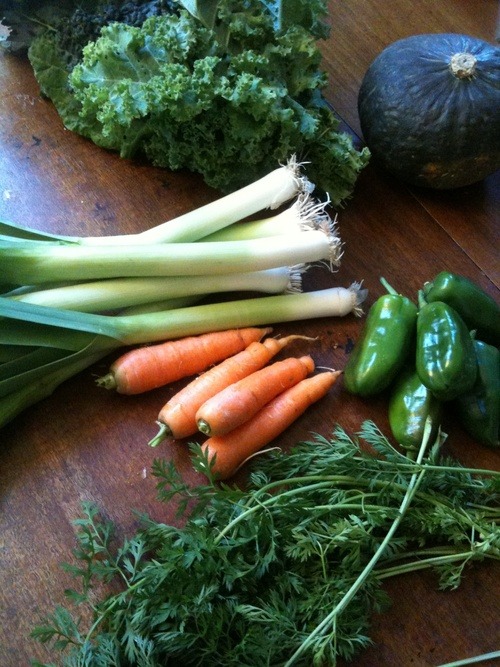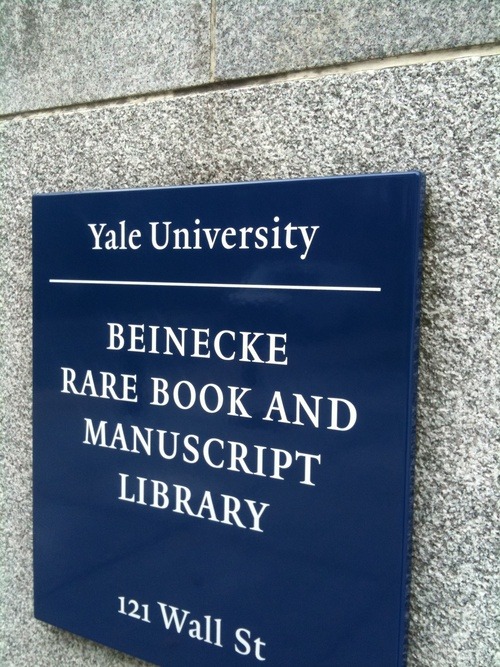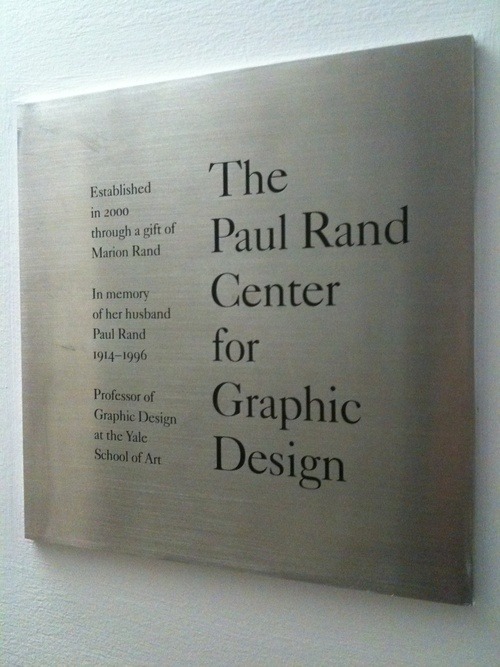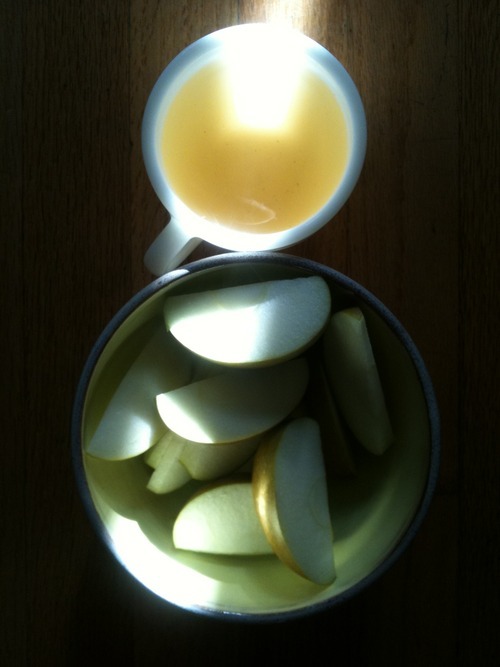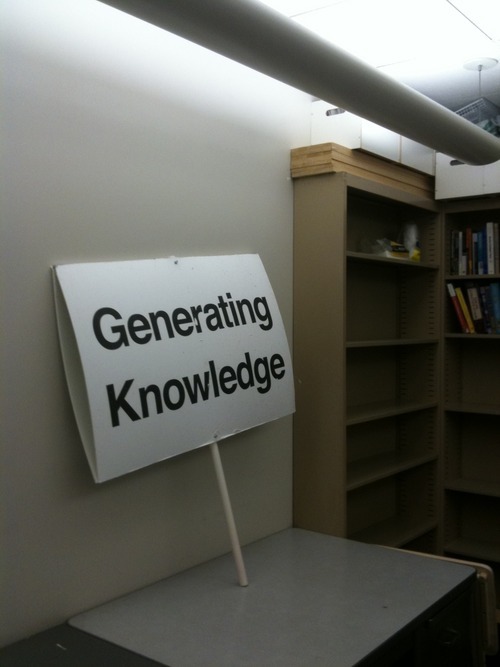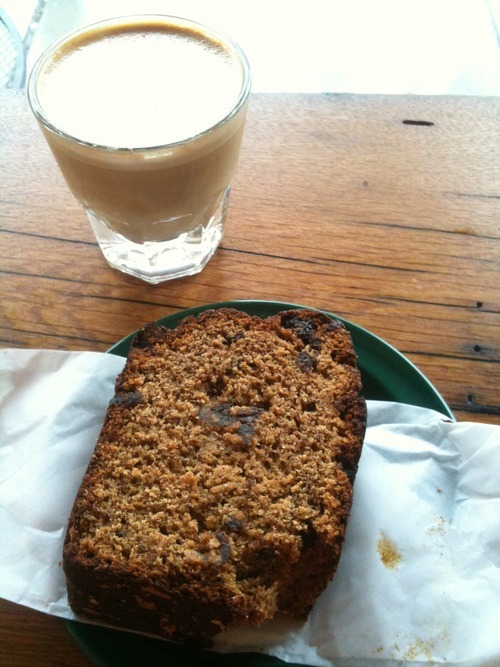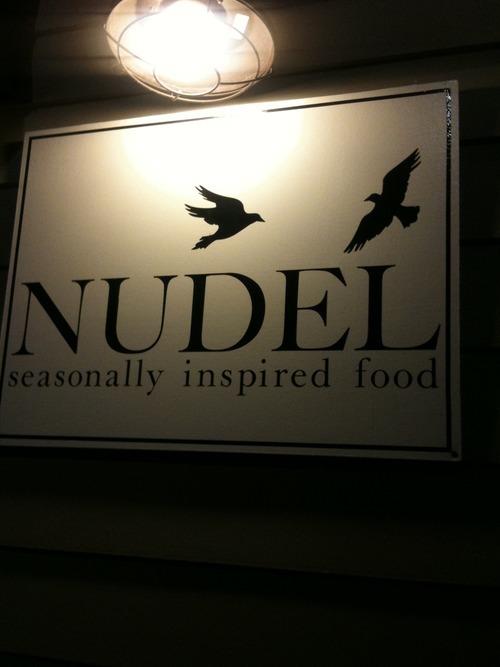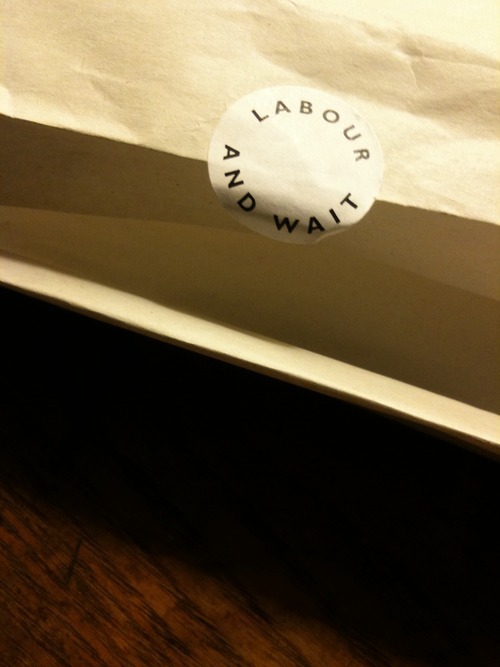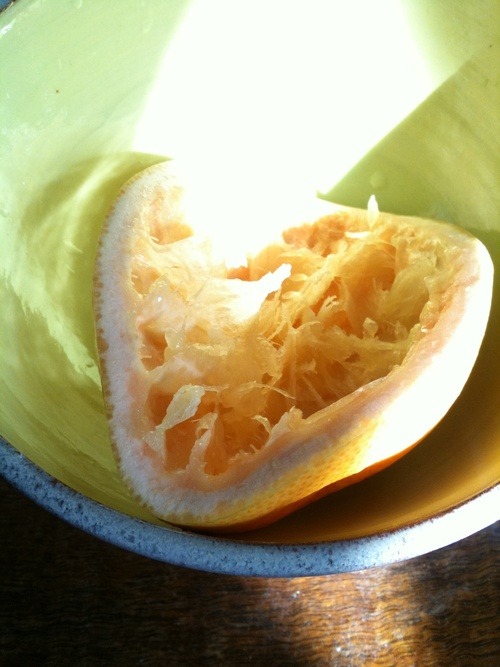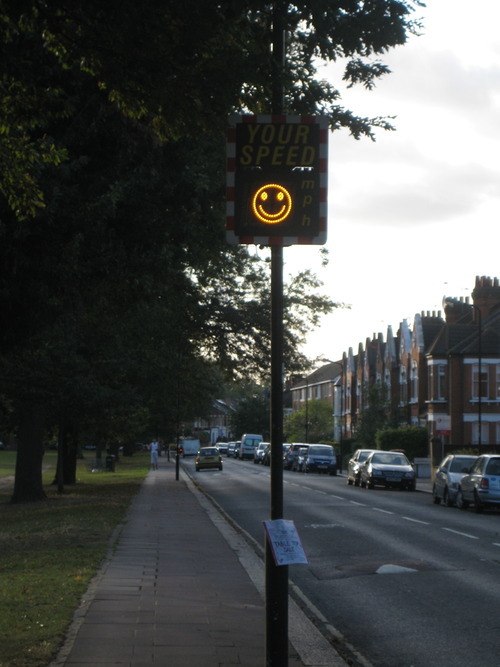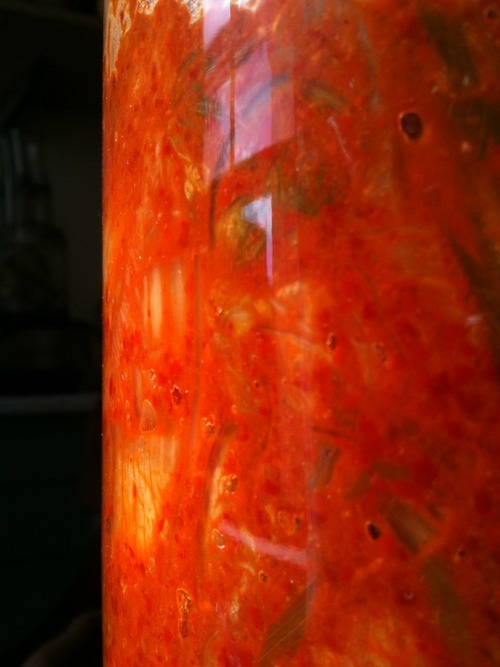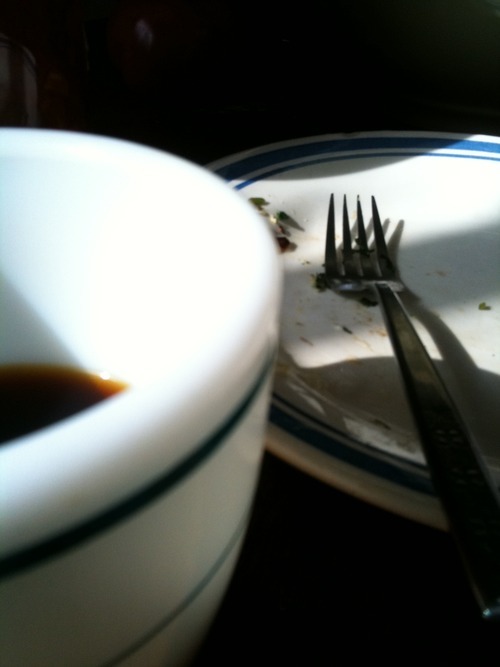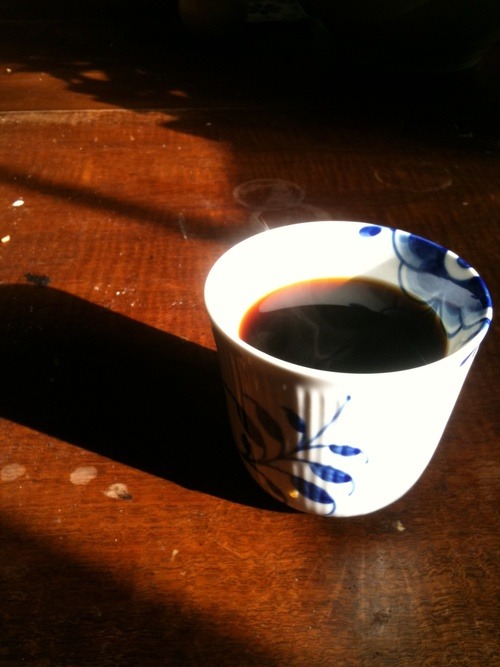
barismo el bosque, melitta/193F; royal copenhagen blue fluted remix.
Oct 31, 2011
monday morning
Posted by
vaughn tan
0
comments
![]()
![]()
Labels: coffee
Oct 29, 2011
Oct 28, 2011
mindful eating
Eating is often a knee-jerk reaction: we cook and eat what is most convenient, what is least expensive, what appears to taste good. But deciding what to eat involves consequences that are wide-ranging and long-lasting, even if we don't recognise what those consequences are. We can make good decisions about what actions to take only by knowing the consequences of those actions. And we can only know these consequences if we investigate, inquire, and gather more information.
Meat is a good example. Meat is environmentally costly. Most easily available meat is intensively raised and processed in operations that raise ethical and food-safety concerns in addition to the environmental ones. Learning more about meat production allows you to make better decisions about the meat you choose to consume. You may choose to eat less meat, and buy what meat you do eat from producers who claim to raise and process the meat in ways that minimise the risk of food-borne illness. In doing so, you are choosing to eat not the least expensive or most convenient meat, but rather the meat that is produced with attention to health or environmental impact. Or you may continue eating the meat you've always eaten, with a better knowledge of the risks that you are exposed to.
Another example: You go to eat at a very good restaurant. The food has been made with care from good ingredients. The check comes—it is for a staggering amount. Yet the prices, though high, are subsidised by chefs, stagiaires, and producers who work long hours for little money; there is not much profit in food sourced and made with care. Fast food, in contrast, is inexpensive. It is often made with indifferent ingredients and by poorly paid workers. There are considerable profits to be made from fast food. Questioning what goes into the price of the food you eat may make you decide to cook for yourself most of the time and to eat out infrequently and only at restaurants that cook with care. Or it may not.
All this has been said before. Being mindful of the consequences of eating sounds like submitting to nothing but limitation, restrictions, and unaffordable food. Acknowledging, for instance, that eating food grown far away seriously damages the environment means for the most part restricting the food you eat to things grown locally—a smaller and less predictable selection.
But the limitations imposed by mindful eating are not the full story.
Questioning what, how, and why we eat limits us in some ways but also opens up new possibilities. Limitations are like frames that, by excluding much of the view, allow you to look more closely at whatever is within the frames. If you decide to eat only local, seasonal fruit, you have no choice but to begin to pay close attention to the fruit that is around you. But you come to realise that strawberries taste different from day to day as the season progresses, that there are in fact different varieties of strawberries that ripen at different times, and you begin to eat strawberries only when they are at their very best.
Asking questions about the food you eat can lead you to discover techniques and methods of cooking and flavour combinations that are new to you but well-known elsewhere and to other people. For cooks, asking questions and finding answers is a way to learn how to express a particular sense of what tastes good and what is good to eat. It is also a way to develop that particular sense, the style of cooking that distinguishes you from other chefs—a way to develop a vocabulary for communicating your values in food, the reason why you cook.
We should ask ourselves a multitude of questions about the food we eat. Our decisions about food will be informed by the answers we find. The point is not to find the single right answer to each question (it doesn't exist) but rather to begin to ask the questions.
Posted by
vaughn tan
1 comments
![]()
![]()
Labels: epistemology, food, intuition, moral fibre, process, sustainability, technology, translation
Oct 27, 2011
he's dead, jim
jim leff on why mediocrity is ubiquitous. please read and respond.
Posted by
vaughn tan
2
comments
![]()
![]()
Labels: care, complexity, execution failure, execution success, food, intransigence, intuition, sustainability
the world is concurrent
The world is concurrent. Things in the world don't share data. Things communicate with messages. Things fail.
Posted by
vaughn tan
0
comments
![]()
![]()
Labels: complexity, execution failure, execution success, intransigence, sociology, theory
Oct 25, 2011
Oct 24, 2011
Oct 23, 2011
Oct 20, 2011
Oct 19, 2011
Oct 18, 2011
Oct 12, 2011
Oct 11, 2011
food aversions
when push comes to shove, you eat. in the course of research, i’ve been handed ants, raw lamb brain, cooked lamb brain, fermented shark, and a live fjord shrimp to try. the shrimp, which comes with slowly moving feelers and scrabbly legs, feels a lot like what i imagine a live cricket would feel like in your mouth. it’s quite delicious though, and crunchy. there goes another food aversion.
about the fermented shark, the less said the better.
Posted by
vaughn tan
0
comments
![]()
![]()
Labels: food
Oct 9, 2011
Oct 8, 2011
Oct 7, 2011
change is our only constant

new tires, new brakes, new saddle, new bartape, same old frame.
Posted by
vaughn tan
0
comments
![]()
![]()
Oct 5, 2011
commemoration
tonight, google commemorated steve jobs by changing its homepage and adding what used to be called a homepage promotion in every language google.com is available in: a link under the search box. (the link points to apple.com, a beautiful gesture in itself.)
the amount of traffic to the google homepage makes it tremendously valuable real estate, and that promotional spot is fiercely protected because it is so closely associated with the google brand. homepage promotions go through many rounds of approval because so many people see the homepage every day. because of that little line under the searchbox, tens of millions of people (at least, maybe over a billion, depending on how long the link stays up) around the world will know of steve jobs's passing. it's hard to imagine a more effective way to spread the word. the homepage promotion went up within a few hours of the apple announcement and i'd like to think that the phone call that did it came out of a flurry of emails up top and didn't go through weeks of the usual approvals and clearances.
Posted by
vaughn tan
0
comments
![]()
![]()
Oct 4, 2011
a new book
opinions differ on dessert. is it meant to be a comforting, sweet, predictable ending to a good meal, or is it meant to be unsettling and to provoke the eater into a consideration of new flavours? i fall into both camps, depending on the day. especially at restaurants on the cutting edge, i incline to the latter. below you see a dessert which is so much on the cutting edge it may have gone slightly beyond it.
the pleasure of a good brioche is not primarily in the buttery flavour or the lightness of the baked bread. rather, it is in the gentle aroma of yeast left over from a long, slow fermentation. this dessert plays on this yeast smell and connects it to similar musty aromas in blackberries and corn. it consists of grilled corn kernels shaved off the cob and bound with blackberry puree, a tart blackberry sorbet, young nasturtium leaves for acid, and a frozen foam made of heavy cream infused with yeast.
the yeast cream parfait is aerated by warming the infused cream slightly, then placing it in a valve container and drawing a vacuum on it in a chamber vacuum. the water begins to boil at a relatively low temperature creating a fragile foam, at which point the vacuum is released. the foamed liquid in the container is kept under partial vacuum because of the valve and the whole is placed into the blast freezer to freeze while still aerated. this fiddly procedure produces blocks of a white sponge that tastes of brioche and which disappears in the mouth.
one comment about this was particularly apposite: "many desserts take pages out of old books. this dessert is like a new book completely. perhaps diners are not quite ready for this. after a meal of new and uncomfortable textures and flavours, they might be expecting something familiar and sweet. for diners like that, this is like a big 'fuck you.'"
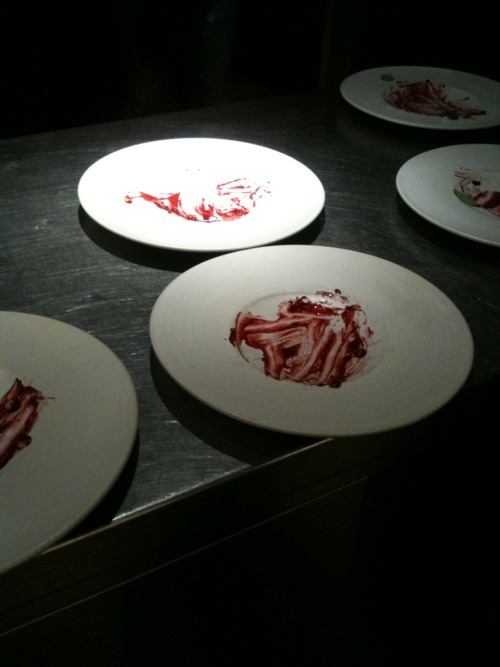
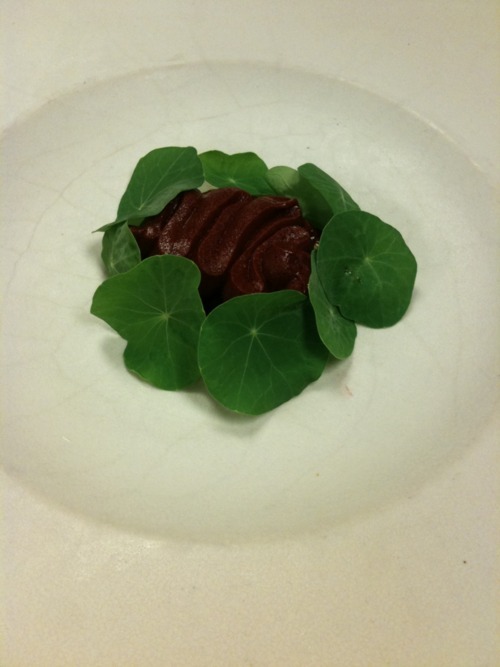
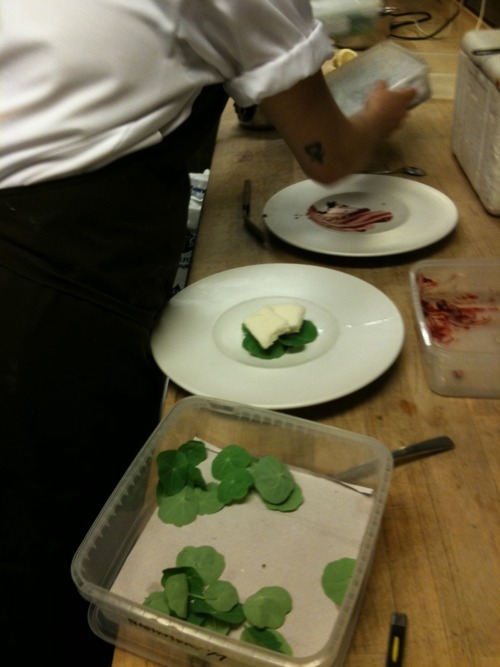
Posted by
vaughn tan
0
comments
![]()
![]()
Labels: complexity, copenhagen, execution success, food, intransigence, process, theory, translation
Oct 3, 2011
Oct 2, 2011
you can change your life
There are two ways of looking at the work you do to earn a living:
One is the way propounded by the late Henry Ford: Work is a necessary evil, but modern technology will reduce it to a minimum. Your life is your leisure lived in your ‘free’ time.We opt uncompromisingly for the second way.
The other is: To make your work interesting and rewarding. You enjoy both your work and your leisure.
There are also two ways of looking at the pursuit of happiness:
One is to go straight for the things you fancy without restraints, that is, without considering anybody else besides yourself.We, again, opt for the second way.
The other is: to recognise that no man is an island, that our lives are inextricably mixed up with those of our fellow human beings, and that there can be no real happiness in isolation. Which leads to an attitude which would accord to others the rights claimed for oneself, which would accept certain moral or humanitarian restraints.
Posted by
vaughn tan
0
comments
![]()
![]()
Labels: complexity, execution success, sustainability, theory


